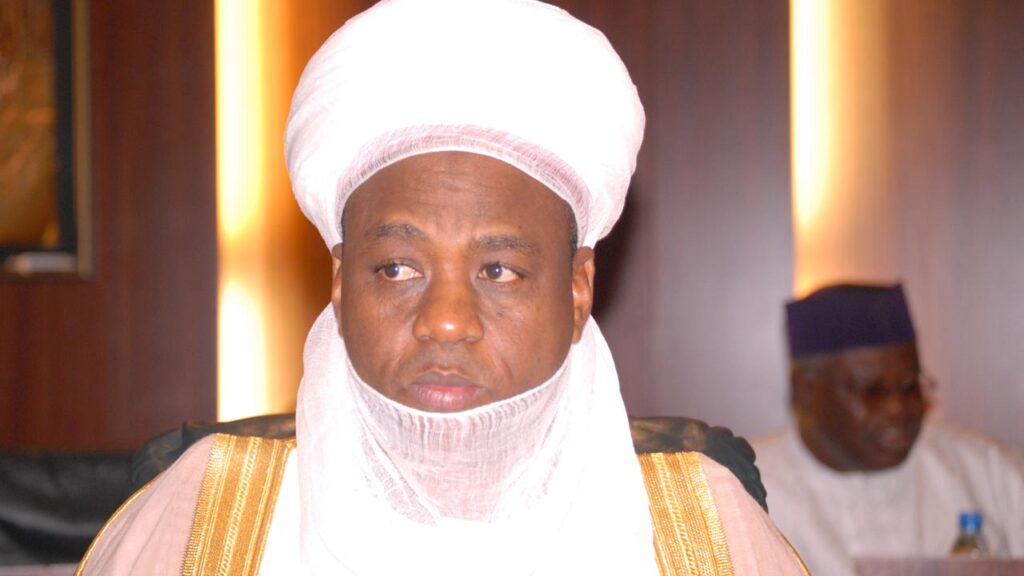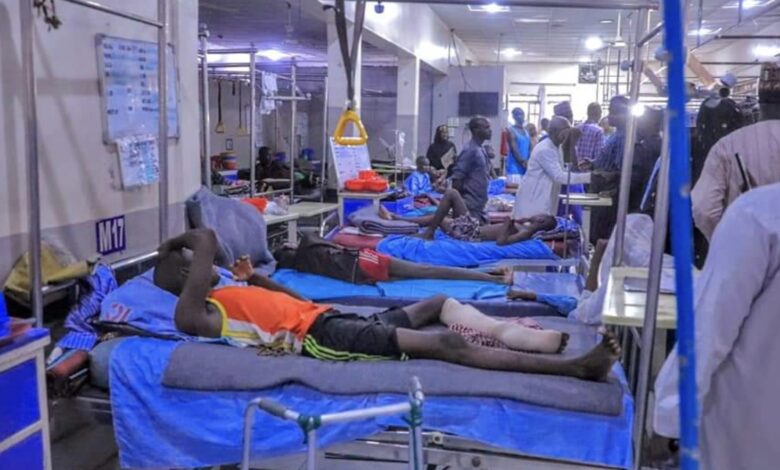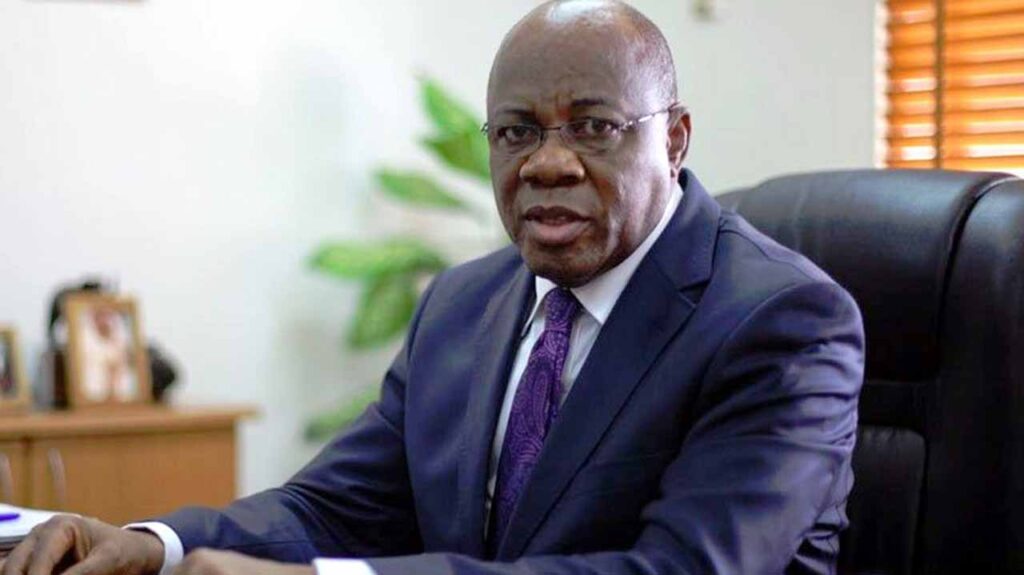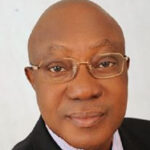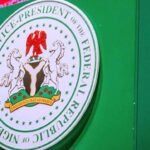
Managing Director and Editor-in-Chief of The Guardian, Martins Oloja, former Emir of Kano, Muhammadu Sanusi II and Prof. Akin Oyebode, yesterday, stressed the need to make Nigeria’s institutions independent enough to protect democracy and the economy.
They also called for transparency of the electoral system for people to identify with ideals of candidates.
The eminent Nigerians spoke at the third Nigerian Leadership Colloquium, tagged, ‘A new Nigeria: Leadership imperatives for radical growth and transformation’, to celebrate Pastor Ituah Ighodalo’s 62nd birthday in Lagos.
The event also had in attendance Ooni of Ife, Oba Adeyeye Ogunwusi, Ojaja II; wife of Lagos State governor, Ibijoke Sanwo-Olu, among other dignitaries.
Specifically, Sanusi noted that any candidate vying for office must be compelled to face the people and discuss issues.
He lamented that the country has not been this divided since the end of the civil war.
His words: “We have an economy that is a dungeon and unfortunately, we seem to be having a dearth of leadership in the political space. Beyond defining what we want as a leader, we need to look critically review the process through which our leaders emerge.”
Oyebode said the people must be ready to call leadership to order.
“In a relatively underdeveloped political environment such as ours, the people must be able and prepared to take their destinies in their hands to forestall dictatorship and oppression. After all, it is often said that those who make peaceful change impossible ultimately make violent change inevitable,” he noted.
On his part, Oloja observed that the collapse of the civil service is responsible for failure of institutions, adding that if the public service were working, professors would not be acting as returning officers.
His words: “If someone has risen to the directorate level and such a person cannot be trusted, then there’s a problem. If professors are being made returning officers and they are compromised, then there is a problem in the country.
“If we have a working civil service, we wouldn’t need an EFCC (Economic and Financial Crimes Commission) or ICPC (Independent Corrupt Practices and other related Offences Commission). In the Constitution and other enabling laws, the office in the civil service that should take care of corruption is the office of the Auditor General for the Federation. That is the office that is empowered by law to query appropriations.”







